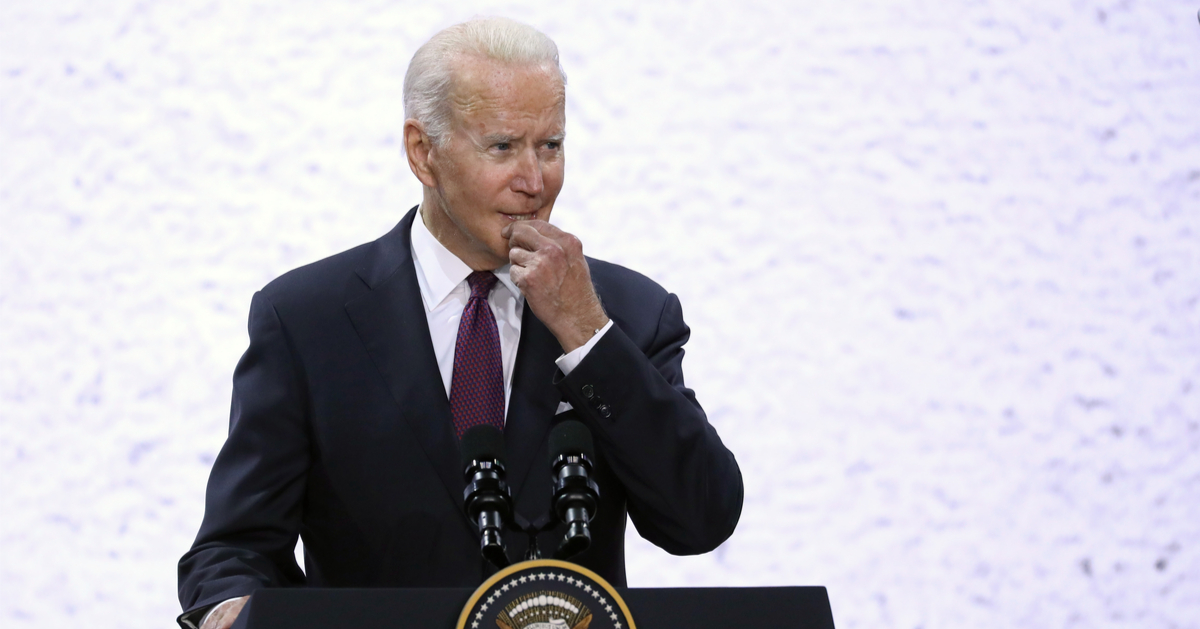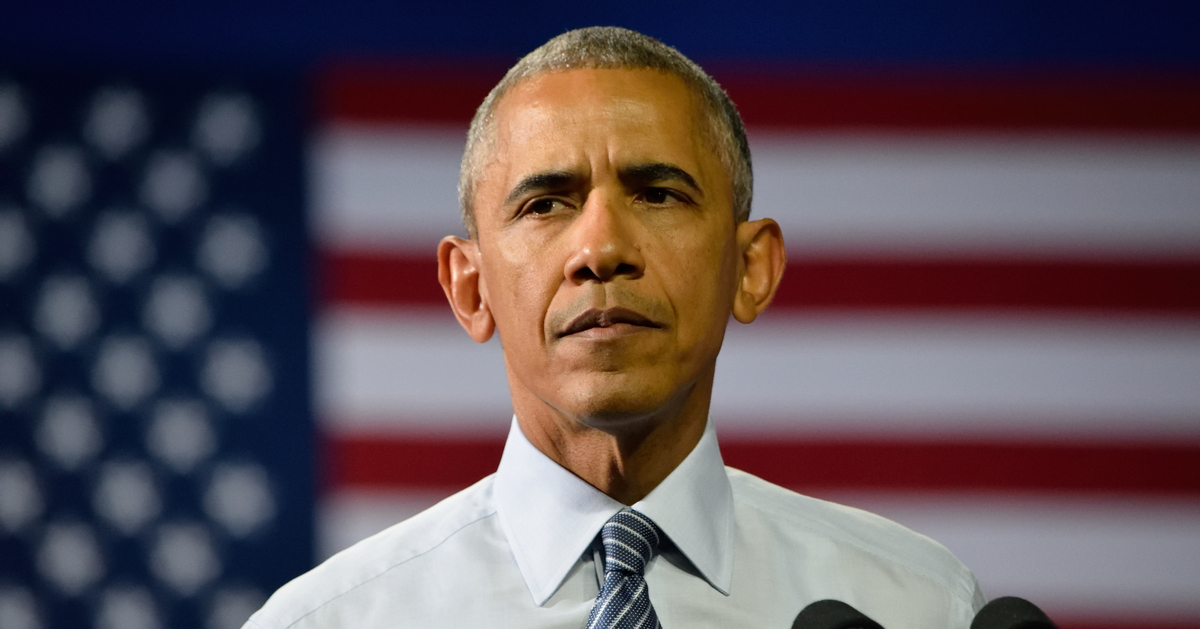VP Harris' anti-corporate 'price-gouging' proposal to fix grocery prices lambasted by even some liberal economists
Despite having ascended to the position of presumptive Democratic nominee nearly a month ago, Vice President Kamala Harris has thus far run a faux campaign that is exceptionally light on actual policies she would pursue if elected as the president in November.
And of the few policy positions Harris has revealed, particularly on the economy, some are so bad that even some Democratic and liberal-aligned economists are panning them as unrealistic or counterproductive, according to Fox News.
One humiliating bad proposal in particular would address high grocery prices not by taking on the root causes of inflation or incentivizing increased supply to meet demand but rather by going after supposed corporate "price-gouging" and imposing federally mandated price caps on goods that will likely only make the problem worse.
Harris wants to impose price caps on groceries, go after corporations
Reuters reported that VP Harris delivered a campaign speech on Friday in which she unveiled, albeit with few details, a handful of her policy proposals that ostensibly aim to reduce consumer costs, lower workers' taxes, and address a purported shortage of new homes and first-time home buyers.
While some of her proposals hold merit -- typically ideas that she stole from others -- most are terribly misguided, ill-thought-out, and would grossly distort markets and worsen the underlying issue she seeks to correct.
Among the latter is Harris' proposal to ban so-called "price-gouging" on groceries by fixing price caps and ordering the Federal Trade Commission to impose "harsh penalties" on "big corporations" that purportedly "unfairly" exploit consumers with inflated prices to generate "excessive corporate profits."
"This is not sensible policy"
Yet, while progressive leftists and even some short-sighted economists cheered on that proposal, others who are less blinded by partisanship -- including Harvard economist and former Obama administration adviser Jason Furman -- trashed the price-fixing plan as unrealistic and just as likely to make the problem of high prices and reduced supply worse instead of better.
In a New York Times article about the proposal, it was explained that several different factors all combined to result in the soaring inflation from 2021-2023 that was especially reflected in grocery prices -- with alleged price-gouging by greedy corporations being rather low on the list of culprits, if even a factor at all.
Furman told The Times, "Egg prices went up last year -- it’s because there weren’t as many eggs, and it caused more egg production," which led to the price of eggs stabilizing, albeit at an inflated level.
He further explained that Harris' price-fixing plan would be counterproductive in that it would distort normal market adjustments to changes in supply and demand, including by disincentivizing new companies or competitors from entering the market with increased supply to meet the strong demand that contributed to the increased prices in the first place.
"This is not sensible policy, and I think the biggest hope is that it ends up being a lot of rhetoric and no reality," Furman said. "There’s no upside here, and there is some downside."
"Hard to exaggerate how bad" Harris' price-gouging proposal is
In a scathing op-ed for The Washington Post by liberal economics columnist Catherine Rampell, she observed, "It’s hard to exaggerate how bad Kamala Harris’s price-gouging proposal is. It is, in all but name, a sweeping set of government-enforced price controls across every industry, not only food. Supply and demand would no longer determine prices or profit levels. Far-off Washington bureaucrats would. The FTC would be able to tell, say, a Kroger in Ohio the acceptable price it can charge for milk."
She also keyed in on the vague details of the policy, how it would likely result in corporate collusion and higher instead of lower prices, how price-fixing and price-gouging were already illegal, how the focus on alleged corporate greed and supposed excessive profits were misguided and incorrect, and how Harris' economic advisers were either to ignorant or lazy to understand the full ramifications of the proposal.
"But more to the point: If your opponent claims you’re a 'communist,' maybe don’t start with an economic agenda that can (accurately) be labeled as federal price controls," Rampell concluded.






